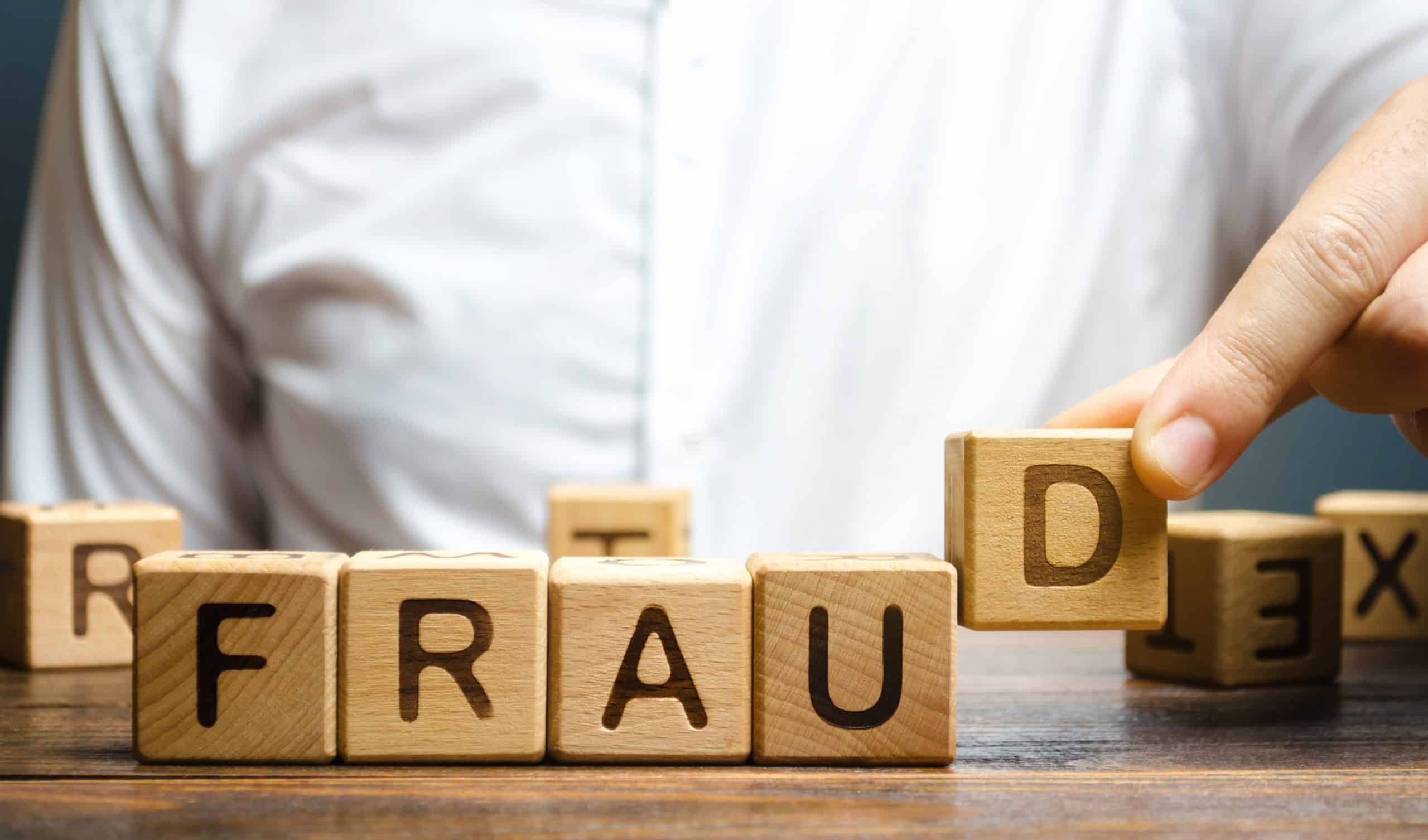How Should UK Independent Video Game Developers Approach IP Protection?

In the world of independent video game development, creativity and innovation are at the core of success. However, the same factors that make a game unique can also make it a target for copyright infringement. Intellectual property (IP) protection is imperative for every game developer. This article aims to guide UK independent video game developers on how to protect their creations from copyright infringement while navigating the complex field of intellectual property law.
Understanding the Basics of Intellectual Property Law
Before you can effectively protect your game, it’s crucial to understand the basics of intellectual property law. This body of law deals with the rights granted to creators of original works of authorship, such as music, art, and yes, video games. Intellectual property rights are typically divided into four categories: copyright, trademark, patent, and trade secret.
Dans le meme genre : How Can UK Bakeries Leverage Nutritional Analysis to Market Healthier Options?
Copyright protects creative works such as music, literature, and artistic works. In the context of video games, this could include the game’s code, artwork, and music. A copyrighted work cannot be reproduced, distributed, or displayed without the copyright holder’s permission.
Trademarks protect names, logos, and other brand identifiers. For a video game, this could be the game’s name or the company’s logo. Registering a trademark will help prevent other developers from creating confusingly similar games or company names.
A découvrir également : Elevate your online presence with leading seo tactics from our coventry agency
Patents protect inventions and innovative processes. If your game involves a unique game mechanic or technology, a patent could potentially offer protection.
Lastly, trade secrets are information that provides a business with a competitive advantage, and is kept confidential. This might include a unique game development process or marketing strategy.
Navigating Copyright Laws in Video Games
One of the cornerstones of intellectual property protection for video games is copyright law. Video games are complex, multi-layered works that can contain many different individual copyrights. These individual works may include the game’s software code, its visual artwork, its storyline, and any music or sound effects it uses.
The first step in copyright protection is creating your work. In the UK, and many other jurisdictions, copyright is automatic upon creation. This means that as soon as you create a piece of music for your game or write a line of code, you hold the copyright to that work. This doesn’t mean that infringement will not occur, but it does give you certain rights, including the right to sue for damages if someone does infringe.
However, while copyright arises automatically, proving you are the original author of a work can be more challenging. Therefore, it’s advisable to maintain detailed and dated records of your work, and consider registering your work. Registration is not mandatory, but it can provide crucial evidence if a dispute arises.
The Importance of Trademark Registration
For independent game developers, building a strong brand is as important as creating an engaging game. Your brand is what sets you apart from the competition and allows gamers to identify your work. Therefore, securing a trademark for your game title or company name is a crucial step in IP protection.
In the UK, trademarks are registered with the Intellectual Property Office (IPO). Registering a trademark gives you the exclusive right to use the mark in the UK in connection to the goods and/or services for which it is registered. This will prevent other game developers from using a confusingly similar name for their video game or company.
To register a trademark, you will first need to ensure that your chosen mark is not already in use for similar goods or services. This involves conducting a careful search of existing trademarks. Once you’ve ensured your trademark is unique, you can proceed with the registration process.
Dealing with IP Infringement and Legal Disputes
Even with careful IP protection strategies, it’s possible for disputes and infringements to occur. If you believe your intellectual property rights have been infringed, you should consult with an intellectual property lawyer who can provide advice based on your specific circumstances.
In some cases, it may be possible to resolve the issue through a cease and desist letter or negotiation. However, if these methods don’t resolve the dispute, you may need to take the matter to court. In the UK, intellectual property disputes are dealt with by the Intellectual Property Enterprise Court (IPEC) or the High Court, depending on the complexity and value of the claim.
Remember that the law around intellectual property is complex, and outcomes can vary depending on the specific circumstances of each case. It’s always best to seek legal advice before taking action.
Final Thoughts
As an independent game developer, your creative works are your greatest asset. By understanding and proactively managing your intellectual property rights, you can protect these assets and focus on what you do best: creating unique, engaging video games. With the right knowledge and strategies, you can navigate the world of IP protection and keep your video games safe from infringement.
Exploring the Role of Patents and Trade Secrets
Navigating the sphere of patents and trade secrets can be less straightforward for video game developers. Patents, while typically associated with physical inventions, can be relevant to the digital world of game development too. They can protect innovative software, hardware, or gameplay mechanics that constitute a new and useful process. However, patenting a game mechanic can be difficult and expensive. Patents also require public disclosure of the invention, which might not be desirable for all developers.
On the other hand, trade secrets pertain to confidential information that gives a business a competitive advantage. These could include unique game development strategies, algorithms, or marketing techniques. There is no formal process for protecting a trade secret – it is protected as long as it remains confidential. However, should the secret become public knowledge, the protections cease.
Hence, game developers must carefully evaluate whether their innovative process or technology should be protected by a patent, or kept as a trade secret. Consultation with a law firm specialising in intellectual property law can provide valuable guidance in making this decision.
Tackling International Copyright and Trademark Issues
With the global reach of digital media, video game developers must consider international copyright and trademark issues. While copyright laws are fairly harmonised internationally through several treaties, trademark laws can vary significantly between countries.
While the UK’s Intellectual Property Office handles trademark registration domestically, protecting your game’s name or logo abroad requires separate trademark registrations in the countries of interest. For developers seeking to distribute their games in the United States, for example, a separate trademark registration with the United States Copyright Office would be necessary.
Moreover, the rise of artificial intelligence (AI) in game development adds an extra layer of complexity to international copyright law. Though AI-produced creations are not currently protected by copyright law in many jurisdictions, laws are continually evolving. Developers using AI should stay abreast of changes in both domestic and international copyright law.
Conclusion
In conclusion, protecting the intellectual property of a video game is a complex, multi-faceted process. It requires a solid understanding of copyright, trademark, patent, and trade secret laws, and these laws’ application to the unique aspects of video game development.
Whether you’re an independent game developer or part of a larger developers’ publishers team, it’s important to consider IP protection from the inception of your game. This involves not just registering your works and maintaining detailed records, but also considering unfair competition, international dimensions, and the changing landscape of entertainment law.
Remember, your innovation and creativity are your greatest assets. Protect them vigilantly, and you’ll be well-placed to succeed in the competitive and exciting world of independent video game development.
